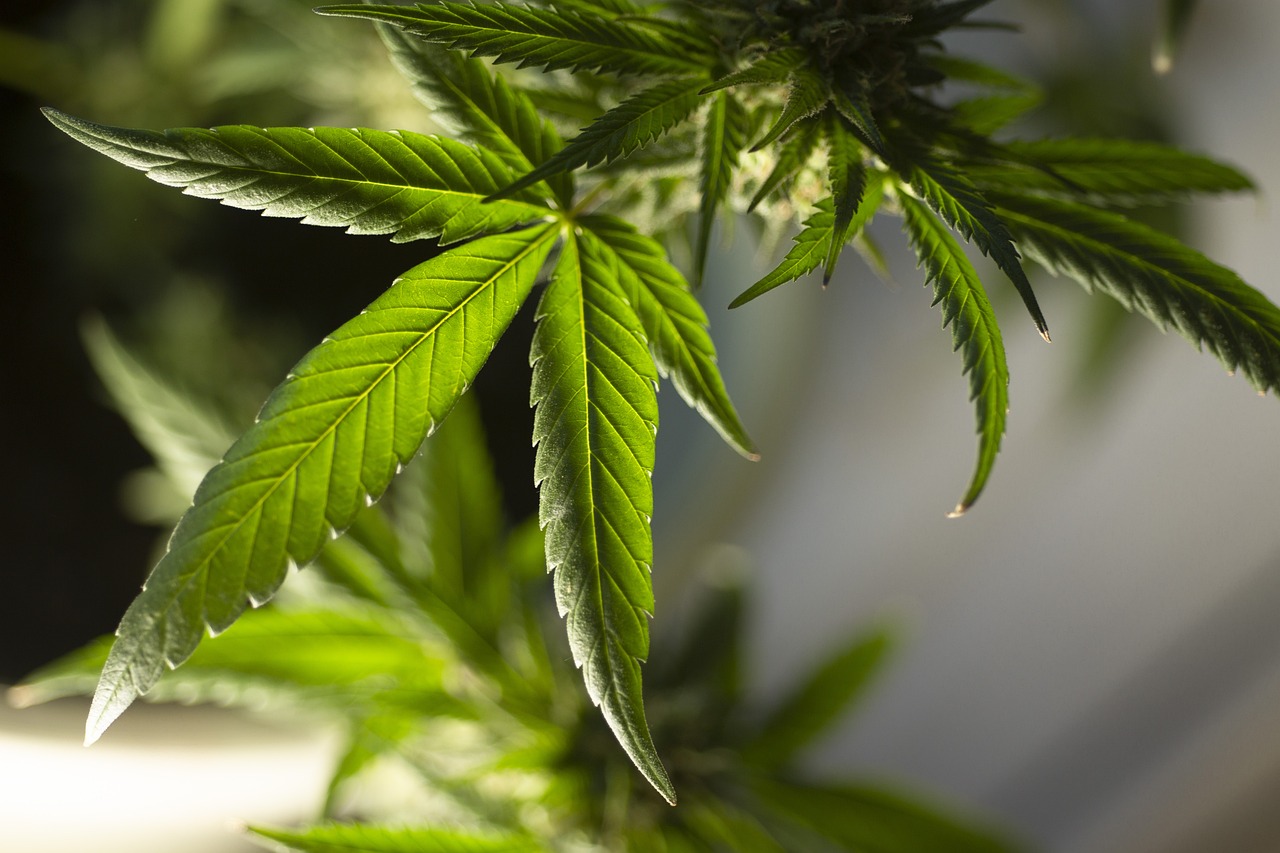In recent years, the conversation around mental health has gained significant momentum. With this increased awareness, many individuals are seeking alternative treatments to manage anxiety and other mental health challenges. One such alternative that has garnered attention is THCA flower. This article explores how Premium Dosido High THCa Flower can be beneficial for those dealing with anxiety and mental health issues.
Understanding THCA and Its Properties
THCA, or tetrahydrocannabinolic acid, is a non-psychoactive cannabinoid found in raw cannabis plants. Unlike THC, which is known for its psychoactive effects, THCA does not produce a “high.” This makes it an appealing option for those looking to experience the therapeutic benefits of cannabis without the mind-altering effects.
THCA is often consumed in its raw form, either through juicing or as a supplement. When heated, THCA converts to THC, so those seeking its benefits without psychoactivity typically consume it raw.
Potential Benefits of THCA
- Anti-inflammatory properties
- Neuroprotective effects
- Antiemetic (reduces nausea and vomiting)
- Potential anti-cancer properties
THCA and Anxiety: A Promising Connection
Anxiety disorders are among the most common mental health issues worldwide. Traditional treatments often include therapy and medication, but these are not always effective for everyone. This has led many to explore alternative options like THCA.
How THCA May Alleviate Anxiety
Research suggests that THCA may have anxiolytic (anxiety-reducing) properties. While studies are still in the early stages, preliminary findings indicate that THCA can interact with the body’s endocannabinoid system, which plays a role in regulating mood and stress responses.
By modulating the endocannabinoid system, THCA may help reduce anxiety symptoms, providing a sense of calm and relaxation without the psychoactive effects associated with THC.
Case Studies and Anecdotal Evidence
Several individuals have reported positive experiences using THCA for anxiety. For instance, a case study involving a patient with generalized anxiety disorder showed significant improvement in symptoms after incorporating THCA into their treatment regimen. While anecdotal, these reports highlight the potential of THCA as a complementary approach to managing anxiety.
THCA’s Role in Supporting Mental Health
Beyond anxiety, THCA may offer benefits for other mental health conditions. Its neuroprotective properties suggest it could play a role in supporting overall brain health, which is crucial for mental well-being.
Potential Impact on Depression
Depression is another prevalent mental health issue that can be challenging to treat. Some research indicates that cannabinoids like THCA may have antidepressant effects. By influencing neurotransmitter systems in the brain, THCA could potentially help alleviate depressive symptoms.
Supporting Cognitive Function
THCA’s neuroprotective properties may also support cognitive function. This is particularly relevant for individuals with conditions that affect memory and cognition, such as Alzheimer’s disease. While more research is needed, the potential cognitive benefits of THCA are promising.
Scientific Research and Future Directions
The scientific community is increasingly interested in the potential therapeutic applications of THCA. While research is still in its infancy, early studies provide a foundation for future exploration.
Current Research Findings
- A study published in the British Journal of Pharmacology highlighted THCA’s anti-inflammatory and neuroprotective effects.
- Research in the Journal of Psychopharmacology suggested that cannabinoids could modulate mood and anxiety-related behaviors.
- Preclinical studies have shown that THCA may have potential as an anti-cancer agent.
These findings underscore the need for further research to fully understand THCA’s therapeutic potential and its mechanisms of action.
Considerations and Precautions
While THCA shows promise, it’s important for individuals to approach its use with caution. Consulting with a healthcare professional is advisable, especially for those already undergoing treatment for mental health conditions.
It’s also crucial to source THCA from reputable suppliers to ensure product quality and safety. As with any supplement, individual responses can vary, so starting with a low dose and monitoring effects is recommended.
Conclusion
THCA flower presents a promising alternative for those seeking to manage anxiety and support mental health. Its non-psychoactive nature, combined with potential therapeutic benefits, makes it an attractive option for many. While more research is needed to fully understand its effects, the existing evidence suggests that THCA could play a valuable role in mental health treatment strategies. As awareness and research continue to grow, THCA may become an increasingly important tool in the quest for mental well-being.
